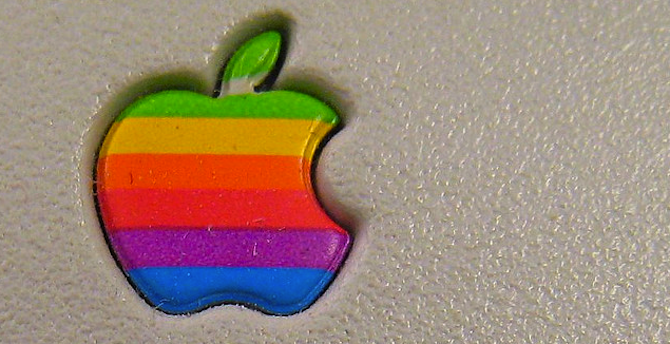Apple May Refund $400 Million To E-Book Customers (Or Maybe Nothing At All)
Reuters reports that Apple has tentatively agreed to pay a total of $450 million to the various parties involved in the settlement, with $400 million tagged for consumers. But if a federal appeals court rules in favor of the company and reverses the lower court’s decision, the total penalty could be reduced to $70 million, with only $50 million going toward refunds. There is also the chance that an Apple victory with the appeals court could eliminate payments altogether.
The settlement was agreed to back in June, but the details are only coming to light now. It prevents the case, involving attorneys general from 33 states and other private citizen plaintiffs, from heading to trial. The plaintiffs were expected to seek around $840 million in damages.
For those coming to this story late, here’s a quick refresher: In the lead-up to Apple’s launch of the iPad, it got into the e-book business, then dominated by Amazon. In order to gain a foothold in the growing market, Apple colluded with several of the nation’s largest book publishers to establish what’s known as “agency pricing,” in which the publisher sets the price for all retailers who want to sell its e-books with the retailer getting a fixed percentage of that price.
This setup meant that Amazon and others had no control over the sticker price of the e-books it sold. All e-books were the same price from all vendors. It might have worked had publishers not gotten greedy and set e-book prices that were often higher than the cost of a paperback.
According to the judge in the Apple decision, this new model “created a mechanism and environment that enabled [the publishers] to act together in a matter of weeks to eliminate all retail price competition for their e-books.”
Additionally, e-mails between execs at Apple (including Steve Jobs) and the publishing companies showed that Apple enticed publishers into switching to agency pricing by promising an end to Amazon’s standard $9.99 price on e-books.
“Throw in with Apple and see if we can all make a go of this to create a real mainstream e-books market at $12.99 and $14.99,” wrote Jobs in one message to News Corp, the parent company of HarperCollins (a former employer of yours truly).
In trial testimony that effectively sealed the deal for the DOJ, Apple executive Eddy Cue — the architect of the company’s iTunes and e-book business — admitted that agency pricing resulted in increased prices to consumers for e-books.
In spite of all this, and the district court’s decision, Apple still maintains that it did nothing wrong and is hoping the appeals court will overturn the July 2013 verdict.
All this to get out of facing $450 million, which Reuters estimates as about 1% of Apple’s revenue from the last fiscal year.
Want more consumer news? Visit our parent organization, Consumer Reports, for the latest on scams, recalls, and other consumer issues.


